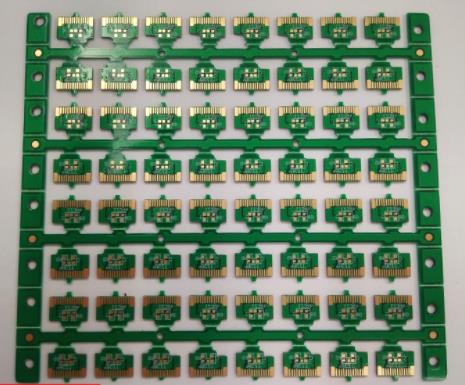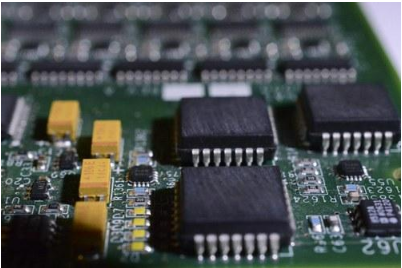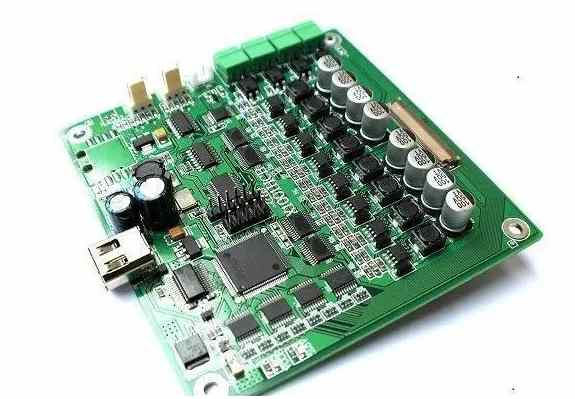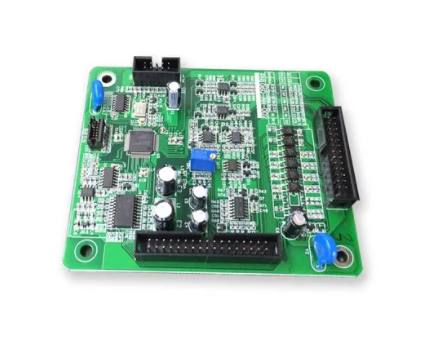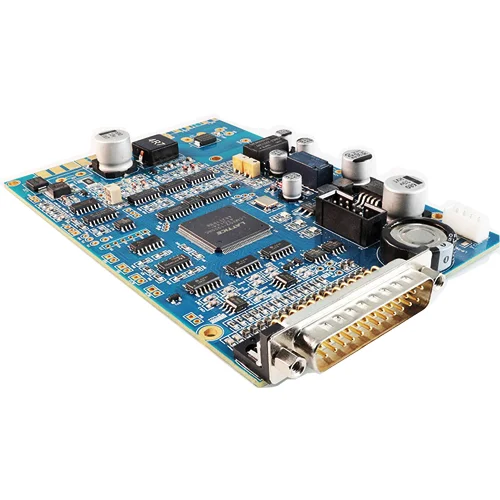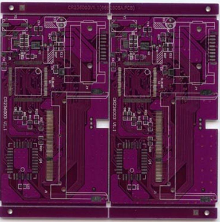
After a certain period of time, the bath with PCB electroplating additives will accumulate excessive additives or decomposition products, forming organic impurities in the plating bath, which will harm the electroplating. Therefore, the organic impurities in the plating bath should be regularly treated. When the coating is very bright, but its dispersion ability is not good, and it is easy to peel. When there are even cracks in the high current area, it is mostly the performance of more organic impurities. However, in the actual treatment process, if the method is improper, it will be difficult to completely remove the organic surplus.

Some processors have done everything they need to do according to the process requirements of PCB processing, but they have not achieved the point. The key point is that the plating solution cannot be heated first, but should be treated with hydrogen peroxide first, then heated, and then added with an appropriate amount of activated carbon for treatment. When there are many organic impurities, potassium permanganate should be used for treatment. At this time, the pH value should be adjusted to 3, and then the temperature should be increased to 60~80 ℃. The dissolved potassium permanganate should be added with the dosage within 0.3~1.59/L. After strong stirring, it should stand for more than 8h. After filtering, the pH value should be adjusted to the normal range. If the plating solution is red, it can be removed with hydrogen peroxide.
In addition, there is a kind of organic pollution that cannot be removed by the above methods. For example, the organic impurities of animal glue, the dissolved substances of wax prototype, etc. If the content of such impurities is only 0.01~0.19/L, the coating will peel. At this time, 0.03-0.059/L tannic acid should be added to the plating solution. After about 10min, flocs will appear. After more than 8h of sufficient precipitation, they can be removed. This treatment, combined with the treatment of activated carbon, can completely remove all organic impurities.
Improvement Measures for PCB Short Circuit: Fixed Position Short Circuit
Improvement method:
1. Film negatives shall be free of trachoma, scratches and other problems. When placing, the film surface shall be upward and shall not rub with other objects. When copying, the film surface shall be operated on the film surface. After use, it shall be stored in a suitable film bag.
2. When aligning, the film shall face the board. When taking out the film, use both hands to pick it up diagonally. Do not touch other objects to avoid scratches on the film surface. When each film alignment board reaches a certain number, stop the alignment for inspection or replacement by a specially assigned person. After use, put it into a suitable film bag for storage.
3. Operators shall not wear any ornaments such as rings and bracelets on their hands. Nails shall be trimmed and kept smooth. No sundries shall be placed on the surface of the alignment table. The table top shall be kept clean and smooth.
4. The screen must be strictly checked before production to ensure that there is no blockage. When coating wet film, spot check is often required to check whether there is garbage blocking the screen. When there is no PCB printed for a period of time, the blank screen shall be printed several times before printing, so that the thinner in the PCB ink can fully dissolve the solidified ink and ensure smooth oil leakage of the screen.


